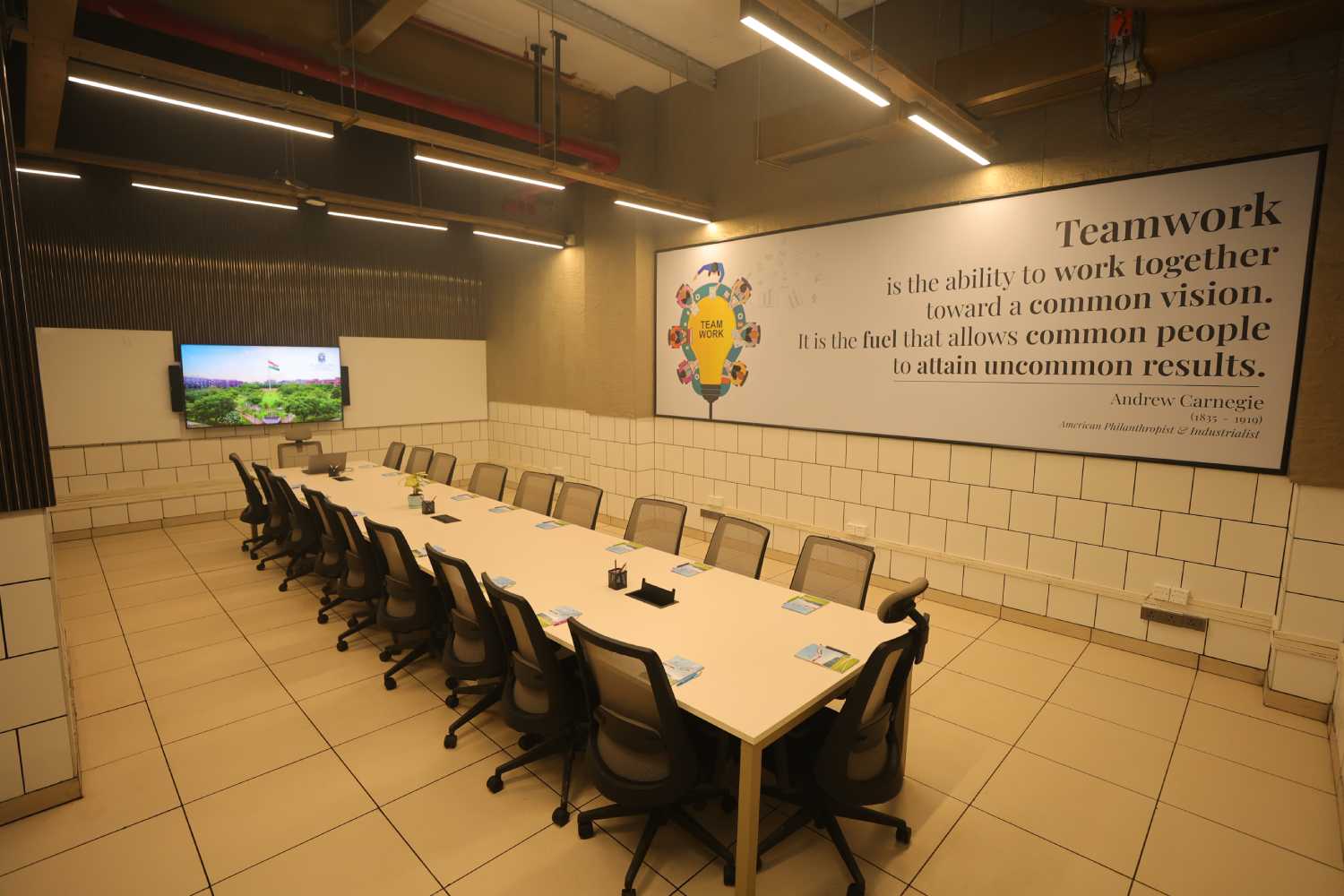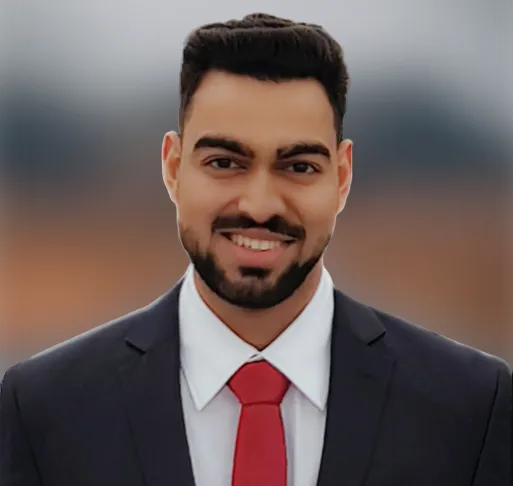
Introduction
The Centre for Neurodiversity Studies (CNS) was established as a result of the work, passion, and personal motivation of the founding members to create awareness, vocalise acceptance for neurodiversity, and combat passive invisibilisation of neurodiverse and neuroqueer existence in a largely neurotypical world.
Neurodiversity, very generally, is appreciating differences in the functioning of individuals as valuable and norm, instead of such variations being viewed as devastating, villainised or victimised. CNS strongly emphasises the idea of moving from the general view of neurodiversity being a ‘disability’ to exploring the various strengths that the neurodiverse brain possesses, which often go unrecognised, and disseminating this information widely. The neurodiverse population has every potential to thrive and become an integral part of this world when nurtured and supported, rather than being victimised or even villainised.
Vision
The vision of this Centre is to draw and develop multidisciplinary insights concerning the neurodiversity movement, which started in the last two decades as an international civil rights effort embracing the concept of neurotypical cognitive traits and brain conditions in a largely atypical world. CNS aims to align itself and its prospective work with the neurodiversity movement in challenging the oppressive social norms, stigma, and rejection, whilst addressing empirical and contemporary concerns. The motto the Centre will build its research on is to complicate a question to its last possibility instead of arriving at premature answers.
The Centre seeks to create a space to discuss, research and contribute multidisciplinary insights from the fields of Psychology, Law, Sociology, Education, Neuroscience, and Biological Sciences to the contemporary debates around neurodiversity and neurodiverse individuals.
Mission
The Centre for Neurodiversity Studies is established to bring together academicians, researchers, clinicians, mental health workers, charities and non-academic partners from India and a variety of other countries across the world. The Centre will create a space that celebrates neurodiversity not only through its research but also by starting conversations with the stakeholders in an effort towards accepting differences across individuals.
One of the other ways in which the Centre seeks to make neurodiverse individuals an important anchor is by understanding the lived experiences of individuals categorised as neurodiverse, and the systems that they belong to. The impact of social norms, rejection and stigma on the lives of these individuals would offer essential insights into how we can create a positive difference by focusing on holistic and inclusive laws, policies and advocacy to that effect.

Prof. Deepali Taneja has over a decade long experience of working in the neurodiversity sector, and is an expert in the area of autism and other Neuro-developmental conditions. She has a Ph.D. in Psychology from the University of Delhi. As a part of her doctoral research, she has studied the impact of a peer-mediated sibling support group for siblings of individuals with autism spectrum disorders, a one-of-a-kind intervention in India. Her research is one of the first in India focusing on understanding the needs of siblings of Individuals with ASD.
Dr. Deepali’s professional journey of over 10-year includes heading research, trainings as well as communications for Action for Autism, National Centre for Autism in India. She has been a part of multiple national and international research projects on autism, including, Development of computer-assisted intervention for young children with autism; scientific evaluation of a group-based parent training model in a low-resource setting; an exploratory study of the lives of adults with autism and their families; translation and validation studies of autism-specific screening/diagnostic tools, such as Autism Diagnostic Observation Schedule, Social Communication Questionnaire, Modified Checklist for Toddlers – Revised), Ritvo Autism-Asperger’s Diagnostic Scale. She also has rich clinical experience in the field of autism, including assessments, psychotherapy and counselling of individuals with autism and their families.

Prof. Abhishek Rana has wide and varied research interests, which are spread across health and disability law, neurolaw, international environmental law, and international economic law. He aims to advance critical legal scholarship in his areas of interest through his work and research whilst primarily focusing on issues and concerns of the Global South.
At CNS, Prof. Abhishek is motivated to work towards the legal implications of neurodiversity, how neurodiversity is understood by public systems like the education sector and health care, and how working environments can create difficulties for neurodiverse people – often leading to discrimination at the workplace. He is also part of a lovely neurodiversity support group outside JGU, wherein he engages with the experiences of neurodivergent individuals as a minority in a majorly neurotypical world and other related health and disability law issues. With CNS, he aspires to write about such experiences and amplify neurodivergent voices with the help of lectures, research, and blogs.

Prof. Poornima Viswanathan is a licensed clinical psychologist. As part of her M.Phil. and PhD in Clinical Psychology, she has around six years of experience working in the neurodiversity sector, and is an expert in the area of Autism Spectrum Disorder (ASD) and other Neuro- developmental conditions. She has completed her Ph.D. in Clinical Psychology (Defense awaited) from National Institute of Mental Health and Neurosciences (NIMHANS). As a part of her M.Phil. research, she has studied the lived experiences of siblings of individuals with ASD through an interpretative phenomenological analysis. This study offers important insights into the experiences, needs, emotions, and coping styles of siblings of individuals with ASD.
In the area of neurodiversity, Prof. Poornima’s research is strongly guided by the neurodiversity movement, and listening to and taking into account the voices of neurodiverse individuals and their families while designing and providing interventions, and informing policy and advocacy. She also strongly focuses on how interventions that are offered to the general “neurotypical” population can also be tuned to the needs of neurodiverse individuals, rather than emphasizing only behavioural interventions.

Prof. Radhika Goel completed her undergraduate legal education in 2017 from JGLS and received her LL.M. from the University of Pennsylvania. Pursuing her passion for academia and women’s rights, she assisted multiple professors with their research and teaching. These assistantships focused on law through the lens of gender, caste, labour, and sexuality.
Since working at Jindal, Prof. Radhika has taught various cohorts Gender and Society, along with full modules on Family Law 1 and 2. She has lately aligned her research interests on the intersection of gender/sexuality and neurodiversity. In the past year, she has worked on questions of power and identity and how they manifest within the superstructure of cultural institutions – through the interaction of sexuality and neurodiversity.
With a passion for gender and sexuality studies, along with her recent and current research on how brain function affects the negotiation of this identity, Radhika co-founded the Centre for Neurodiversity Studies.

Preetika Bedi,
Jindal School of Psychology and Counselling
While we binge all the content available to us, you must have come across the Good Doctor, Atypical, or even Dr. Virginia Dixon in Grey’s Anatomy. Something they all have in common is autism, which comes under the broad term of neurodiversity. In the following article, we talk about how we can understand neurodiversity.
In the evolution of human race, neurodiversity emerges as this beautiful variance, challenging traditional perceptions and encouraging a broader understanding of the human mind. Understanding of atypical development commences with the medical model which views disabilities as pathological conditions (Dwyer, 2022), talking about how disabilities and disorders are medical diseases of both the body and the mind, which leads a person to have impairments and face functional disabilities. Hence, the aim of the model is to transform impaired people into able bodied and typically developed people.

Tanushree Dalan, Research Assistant, Centre for Neurodiversity Studies | B.A. Psychology (Hons), Batch of 2021-2023
There is no one ‘right’ way of thinking. Humans tend to have a range of mindsets, perspectives and thought processes through which they perceive, learn, and think. Some individuals might be a bit more different termed as ‘neurodivergent’ or ‘neurodiverse’. These differences are not ‘deficits’ but rather the diversity they showcase due to their uniqueness of their neurological development. This ‘diversity of thought’ embraces the idea that differences in the human brain are natural and can lead to meaningful and positive insights (Rudy, 2023). According to the Harvard Health Publishing, Neurodiversity is defined as the idea that people experience and interact with the world around them in different ways (Baumer & Frueh, 2021). It refers to the inherent variance in the human brain and how people process information, learn, and think. It includes conditions such as autism spectrum disorder, ADHD, dyslexia, and others. Embracing neurodiversity in the workplace entails recognizing and appreciating the distinct viewpoints and talents that neurodivergent individuals bring to the table. A neurodiverse workplace may benefit both the employer and the employees. Neurodivergent individuals may experience compounded effects of unemployment, as neurodivergent applicants are perceived as less employable (LeFevre-Levy et al., 2023). A recent report by ‘The Hindu’ revealed that nearly 2 million individuals in India are neurodivergent and are thus labelled as autistic (Akundi, 2020). According to another Deloitte survey, nearly 20% of the world is neurodiverse (Mahto et al., 2023). Unemployment for neurodivergent adults ranges at least as high as 30-40% which is three times the rate for people with impairment, and eight times the rate for people without disabilities (Akundi,2020). These statistics give us an insight into the fact that there is a need to destigmatize the perception of unemployability attached to neurodivergent individuals when it comes to recruitment.
One of the main objectives behind the Centre for Neurodiversity Studies at Jindal School of Psychology and Counselling is to conduct substantial research and facilitate academic engagement on multidisciplinary issues related to the neurodiversity movement.
The Centre aims to encourage participation of young scholars with a fresh and unique perspective on neurodiversity from the lens of sociology, literature, law, and policy, through its Student Research Assistantship programme. This Internship brings together highly motivated students for a 6 months long intensive experience, where they not only participate in the ongoing research projects supervised by faculty and associates of the Centre, but are also supported in initiating and completing independent research tasks. The internship programme is designed to create a platform which allows for scholastic collaboration and discussions in a research-inducive environment for the interns.
Guidelines:
The assistantship will be for a period of 6 (six) months, extendable for another 6 (six) months based on the needs of the faculty supervisor and the performance of the RA. Exceptional performers might be considered for further extension (the total internship period may be for a maximum period of two years with a provision for renewal every six months).
Upon successful completion, their name will be included on the Centre’s website for corroboration and authenticity purposes.
RAs can only mention their association with the Centre if their tenure was successfully completed. Further details concerning enrolment, duties, supervisors, and grounds for dismissal will be shared with the individuals upon successful admission to the RAship program.
The following students have successfully completed the research assistantship program with the Centre: